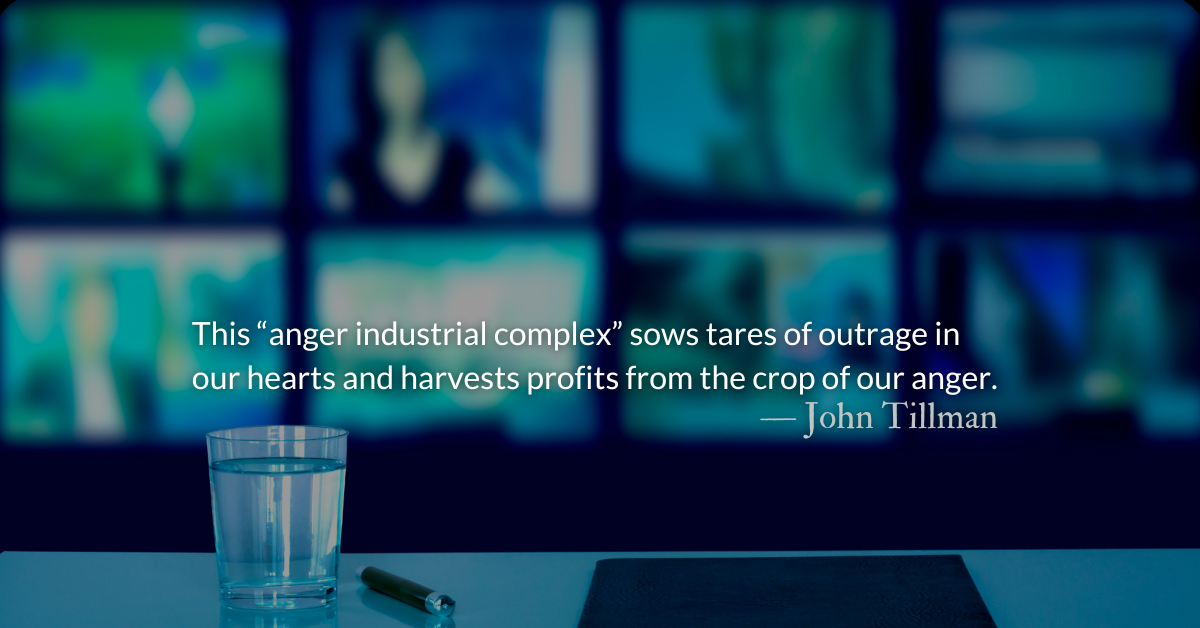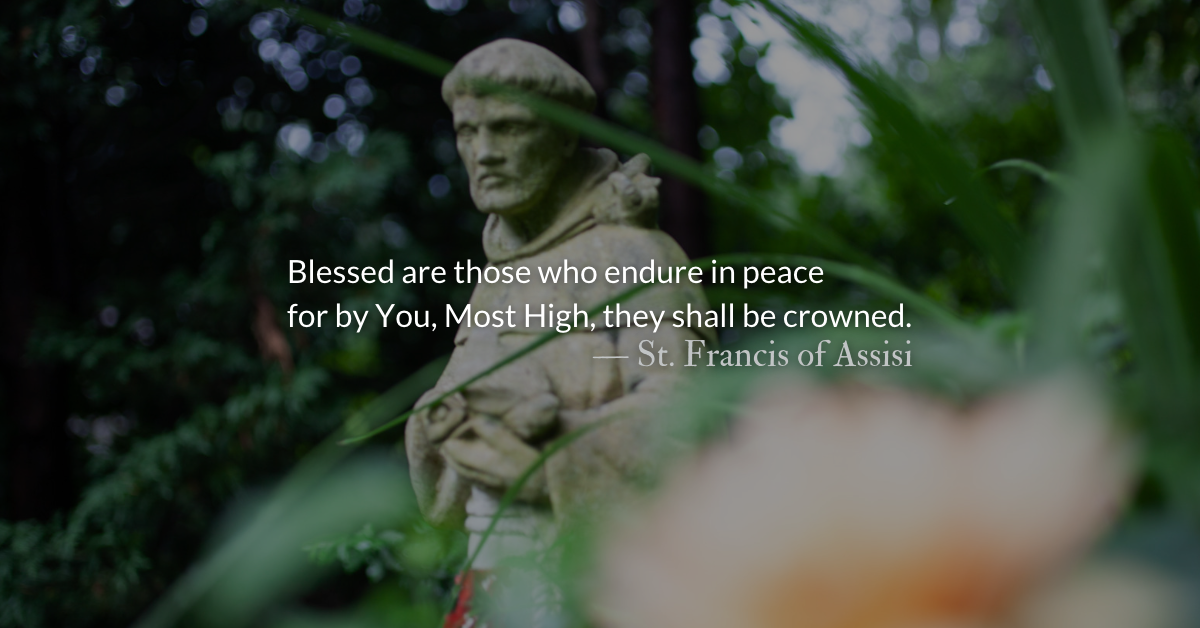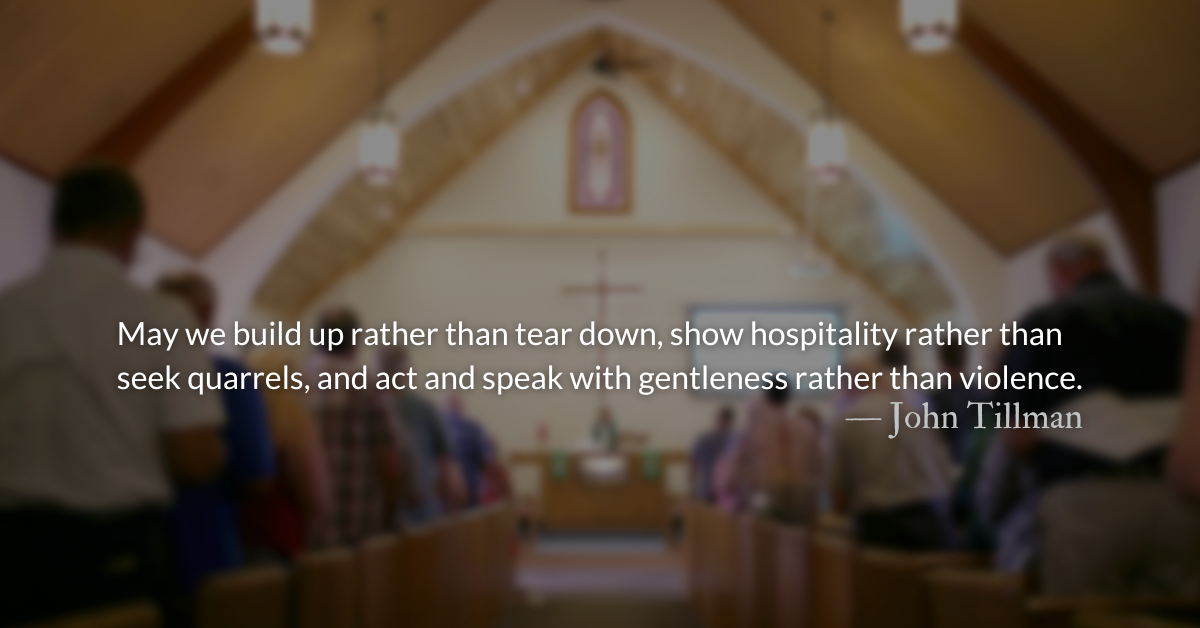Scripture Focus: Ephesians 4.25-32
25 Therefore each of you must put off falsehood and speak truthfully to your neighbor, for we are all members of one body. 26 “In your anger do not sin”: Do not let the sun go down while you are still angry, 27 and do not give the devil a foothold. 28 Anyone who has been stealing must steal no longer, but must work, doing something useful with their own hands, that they may have something to share with those in need.
29 Do not let any unwholesome talk come out of your mouths, but only what is helpful for building others up according to their needs, that it may benefit those who listen. 30 And do not grieve the Holy Spirit of God, with whom you were sealed for the day of redemption. 31 Get rid of all bitterness, rage and anger, brawling and slander, along with every form of malice. 32 Be kind and compassionate to one another, forgiving each other, just as in Christ God forgave you.
Originally published on October 4, 2022, based on readings from Ephesians 4.
Readers’ Choice posts are selected by our readers:
Jason, Austin, TX — A great perspective on anger and how our culture weaponizes it for material gain.
Reflection: Anger Industrial Complex — Readers’ Choice
By John Tillman
The Christian relationship to anger is complex. God gets angry. Jesus gets angry. Christians can be angry too. Anger can be an appropriate reaction to injustice and suffering. Anger can be a fruit of love. Anger can be a requirement for social change. However, anger is also a “Deadly Sin.” Deadly sins are ones that produce and lead to other sins.
We need to escape sinful anger while acting on godly, righteous anger. How?
Our culture is addicted to anger. We play anger for laughs in our entertainment. We signal our virtue with anger. We get applause when we are angry at the “right” things. Yet, we judge others for their anger. We mock those triggered or angered by things we deem insignificant.
Anger affects us in many ways. It warps our humanity. Anger can form grooves, patterns, in our lives that affect our identity, transforming us into people of anger, rather than people of God.
Anger hinders our relationship with God. Paul considered anger a severe problem. Elders in the church could be disqualified if “given over to anger.”
Anger makes us vulnerable to human and spiritual manipulation. Paul says anger gives the devil a foothold in our lives but it also gives a foothold to manipulative politicians and media voices. This “anger industrial complex” sows tares of outrage in our hearts and harvests profits from the crop of our anger.
Anger crouches at our doors, and on our devices, ready to take us down a path leading eventually to violence. Anger will rule us or we will rule it.
We must ask, “Why am I angry?” and “How can I turn anger toward loving action?”
Anger is often sinful when rooted in self-love, fear, insecurity, and pride. We think, “I deserve better.” “I’ll never allow that to happen again.” We must turn these thoughts over to God and starve our lives of the voices that prompt these demands.
Even “selfless” anger can spur us to sinful actions. Actions springing from righteous anger will always be inherently righteous. If what anger motivates us to do is sinful, then either the anger itself or our reaction to it is sinful.
Rather than comforting ourselves with anger, let us comfort ourselves with God’s peace. His peace will lead to flourishing. Our anger will only lead to failure and violence.
*Based on my notes from a sermon by JR Vassar, at Church at the Cross. See the full sermon here.
Divine Hours Prayer: The Refrain for the Morning Lessons
I am like a green olive tree in the house of God; I trust in the mercy of God forever and ever. — Psalm 52.8
– From The Divine Hours: Prayers for Summertime by Phyllis Tickle.
Today’s Readings
Ruth 3-4 (Listen 6:24)
Hebrews 11 (Listen 6:22)
Read more about Two Lamechs, One Jesus
Noah’s world was cursed by anger, hatred, division, and sin. Sound familiar?
Read more about Supporting Our Work
Support our ad-free content that brings biblical devotionals to inboxes across the world. Join our donors today.










